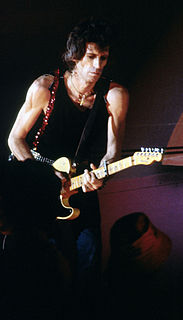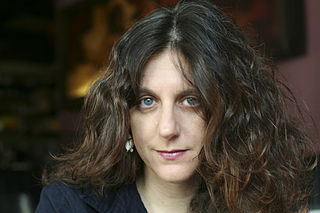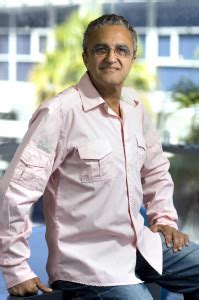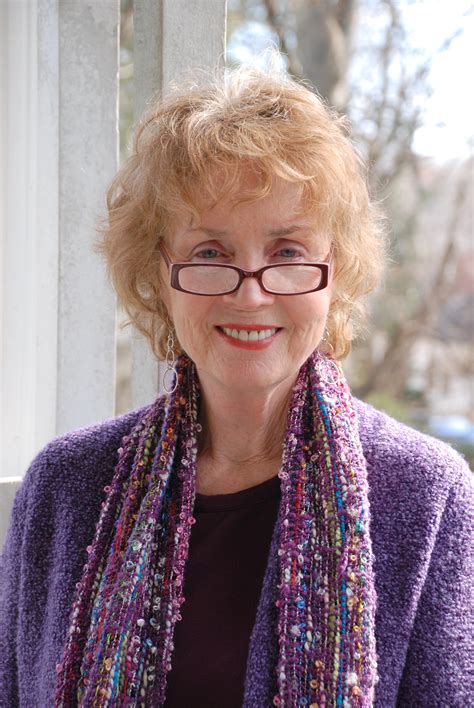A Quote by Miguel Syjuco
I want to write a book that makes people debate, and makes people think, interact with each other and exchange ideas... I write because I'm engaged in this big conversation.
Related Quotes
I don't write about love because it makes for easy, passive heroes. I write about how love makes my characters more autonomous, more self-possessed, more opinionated and powerful. I write about characters who pursue relationships that make them the people they want to become. I write about love as a superpower.
What is it that makes you want to write songs? In a way you want to stretch yourself into other people’s hearts. You want to plant yourself there, or at least get a resonance, where other people become a bigger instrument than the one you’re playing. It becomes almost an obsession to touch other people. To write a song that is remembered and taken to heart is a connection, a touching of bases. A thread that runs through all of us. A stab to the heart. Sometimes I think songwriting is about tightening the heartstrings as much as possible without bringing on a heart attack.
Write what you want to read. So many people think they need to write a particular kind of book, or imitate a successful style, in order to be published. I've known people who felt they had to model their book on existing blockbusters, or write in a genre that's supposed to be "hot right now" in order to get agents and publishers interested. But if you're writing in a genre you don't like, or modeling yourself on a book you don't respect, it'll show through. You're your first, most important reader, so write the book that reader really wants to read.
What I want to do is tell stories about normal people in the American suburbs. I don't write the book where it's a conspiracy reaching the prime minister; I don't write the book with the big serial killer who lops off heads. My setting is a very placid pool of suburbia, family life. And within that I can make pretty big splashes.






































